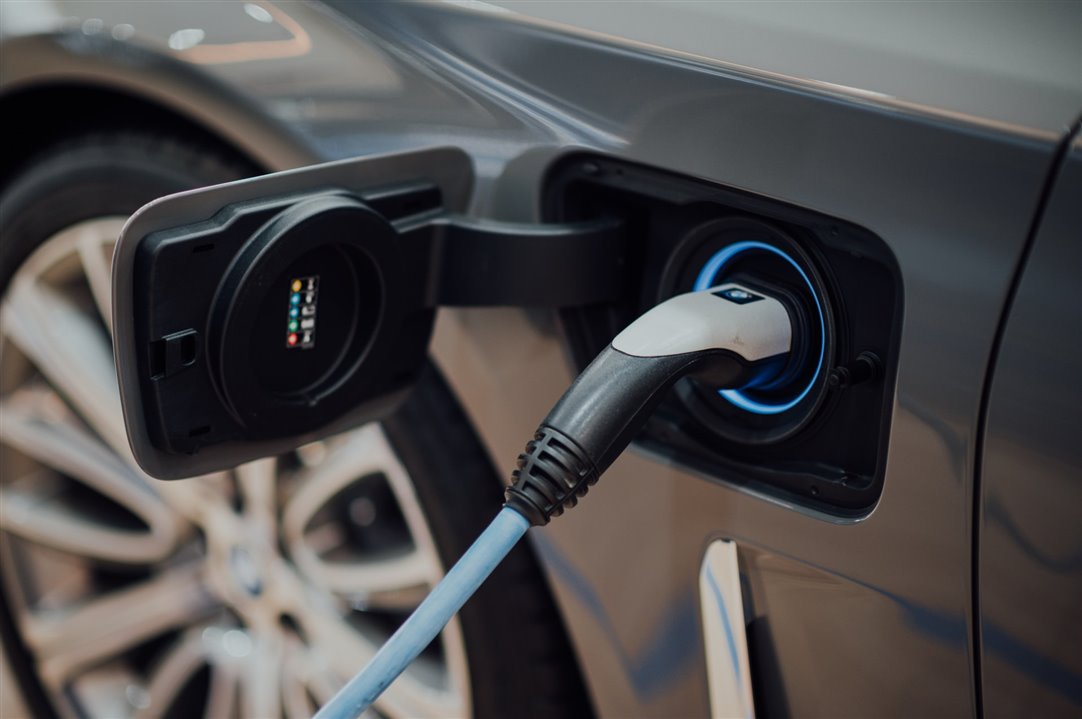
CATL says electric vehicles could run on a sodium-ion battery instead of lithium-ion. (Image Credit: CHUTTERSNAP / Unsplash)
Wow... the new site looks great! First post coming up:
Lithium-ion batteries power electric vehicles, but that could change with the emergence of sodium batteries. Lithium-ion batteries last for thousands of charging cycles, provide sufficient energy density to give vehicles range, drive an electric motor, and are available at an affordable price.
On the other hand, sodium has similar properties as lithium, which means it can also be used as a charge carrier in a battery cell. However, researchers ran into an obstacle in the past: designing an anode capable of absorbing sodium ions to provide sodium cells with enough energy density so that it can power an electric vehicle. Additionally, lithium is lighter than sodium, making sodium-ion batteries heavier than lithium-ion types. Weight is an important factor because it helps determine how much range an electric vehicle can achieve. So adding another kilo consumes more energy just to move the vehicle.
Now, refining carbon-based anodes have made the sodium-ion battery a practical solution. In the past, graphene-based anodes were used, but they couldn't absorb sodium ions efficiently, causing performance limitations. German and Russian scientists at the Helmholtz Centre Dresden-Rossendorf unveiled that graphene has anode applications. That's because graphene could capture sodium ions between carbon layers. As a result, this significantly increases the anode's absorption ability while matching sodium ion's performance with lithium-ion.
Optimizing and commercializing sodium-ion cells could provide some advantages over lithium-ion cells. For example, CATL says that sodium-ion cells could provide improved fast-charging capabilities over lithium-ion while offering better lifecycle and safety over its LFP-based lithium cells. CATL also says that sodium-ion has a very low-temperature performance, where the chemistry loses less capacity and performance than lithium-ion, which struggles in cold environments.
Additionally, sodium-ion cells can be developed without relying on rare resources as required for lithium-ion cells. That's because sodium is more accessible, which means it can be produced at a larger volume at an affordable cost. Even more, sodium-ion cells do not use cobalt, which is expensive and has been linked with human rights abuses in the Democratic Republic of the Congo's mines.
Sodium-ion cells can be manufactured with today's battery manufacturing equipment, so redesigns won't need to be implemented to produce the cells. So far, CATL has deployed small sodium-ion batteries and plans on increasing the sodium-ion supply chain through 2023.
Have a story tip? Message me at: http://twitter.com/Cabe_Atwell
